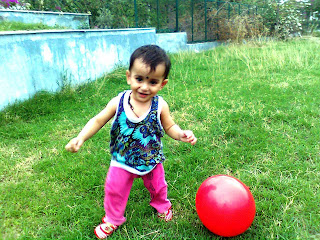Word Synonyms अतिथि atithi (guest) मेहमान, अभ्यागत, आगन्तुक, पाहूना अमृत amrit (nectar) सुधा, सोम, पीयुष, अमिय, अमी अग्नि agni (fire) अनल, पावक, वहनि, कृशानु, शिखी अनुपम anupam (unique) अपूर्व, अतुल, अनोखा, अदभुत, अनन्य अर्थ arth (money) धन्, द्रव्य, मुद्रा, दौलत, वित्त, पैसा अश्व ashv (horse) हय, तुरङ, वाजि, घोडा, घोटक अंधकार andhakaar (darkness) तम, तिमिर, तमिस्र, अँधेरा असुर sur (devil) दनुज, दैत्य, राक्षश, निशाचर, दानव, रात्रिचर अंहकार ahankaar (vanity) दंभ, दर्प, घमंड, अभिमान आँख aankh (eye) नेत्र, नयन, लोचन, चक्षु, अक्षि, दृष्टि, विलोचन आकाश aakaash (sky) नभ, गगन, अंबर, अंतरिक्ष, आसमान, व्योम् आत्मा aatma (soul) जीव, देव, चैतन्य, चेतनतत्तव, अंतःकरण इच्छा ichchaa (wish) अभिलाषा, कामना, अभिप्राय, मनोरथ, अभीष्ट इंद्र Indra सुरेश, सुरेन्द्र, देवेन्द्र, सुरपति, शक्र, पुरंदर ईश्वर ishwar (god) परमात्मा, प्रभु, ईश, जगदीश, भगवान, परमेश्वर कमल kamal (lotus) जलज, पंकज, नलिन, पदम्, अरविंद, उत्पल, सरोज्, राजीव, नीरज किरण kiran (ray) रश्मि, अंशु, कर, मयुख,...



